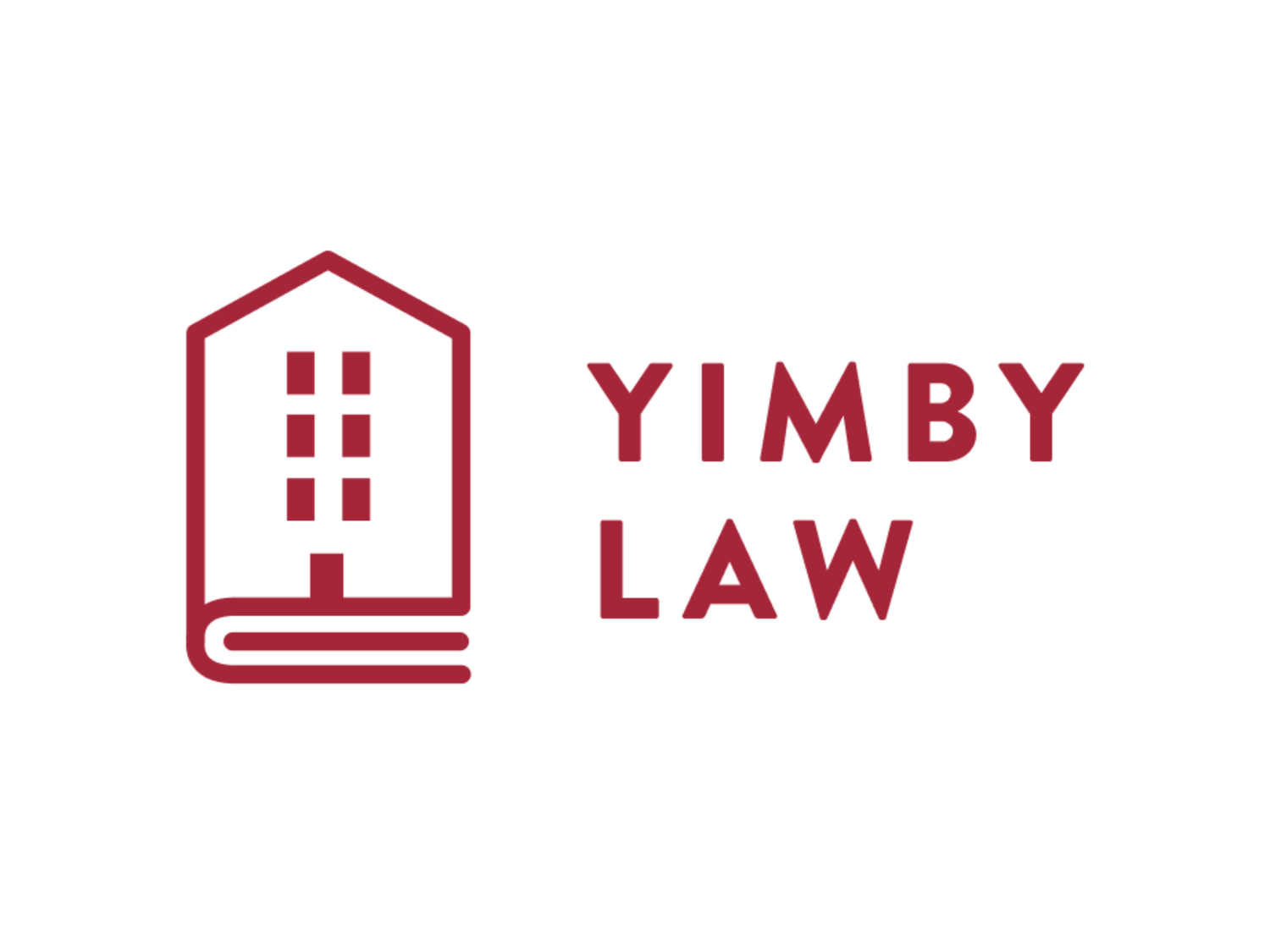Press Release: YIMBY Law Files Suit Against the City of Redondo Beach for Failing to Recognize the Builder's Remedy
/Contact: Jae Garner
San Francisco, CA— YIMBY Law has filed suit against the city of Redondo Beach, California following the city’s illegal rejection of a builder’s remedy project with 2,700 homes. The suit aims to reinforce the legitimacy and effectiveness of housing elements, or housing plans, that cities across the state create every eight years.
“Redondo Beach has ignored state law as well as their own municipal code by not treating their housing plan as a meaningful, effective part of the general plan,” said Rafa Sonnenfeld, policy director at YIMBY Law. “Because of their actions, they don’t have a compliant housing plan and the builder’s remedy applies in the city. These homes must be approved.”
By not treating the housing element as a meaningful or effective piece of law, Redondo Beach officials bypassed their own local charter which requires them to bring major changes to the General Plan, including the Housing Element, to the voters for approval. Without voter approval, the city’s housing plan—although approved by HCD—has not been locally passed or enacted. In other words, it is not in effect. This allows consequences including the builder’s remedy to come into effect until the city completes the steps outlined in Redondo Beach’s local law.
The builder’s remedy project proposed in Redondo Beach would add 2,700 homes, including 540 homes reserved for people with low incomes, to a lot that was previously a power plant. If approved, this project would add a larger number of affordable homes than the city has allowed in the last ten years combined. Additionally, YIMBY Law’s case would open up the city to allow more builder’s remedy projects which could add thousands more homes to the community.
The builder’s remedy requires cities without a compliant housing plan to approve any housing project that meets affordability requirements of reserving 20% of homes for low-income households or 100% for moderate-income households. Specifically, if a California city has not passed a “substantially compliant” housing element, the California Housing Accountability Act indicates that the jurisdiction cannot use its zoning or general plan standards to disapprove any housing project that meets the affordability requirements.
Redondo Beach is one of dozens of California cities that have not met requirements for their housing plans. This lawsuit, along with five other housing element lawsuits YIMBY Law filed earlier in 2023, aims to bring the city of Redondo Beach into compliance and to facilitate projects that fall under the builder’s remedy in the meantime.
“Housing elements are more than policy documents: they’re a part of the General Plan and have immediate impacts on what can be built in each city,” said Sonja Trauss, Executive Director of YIMBY Law. “Cities in California have to pass compliant housing elements locally, or else lose local control of land use. Redondo Beach is no different.”

